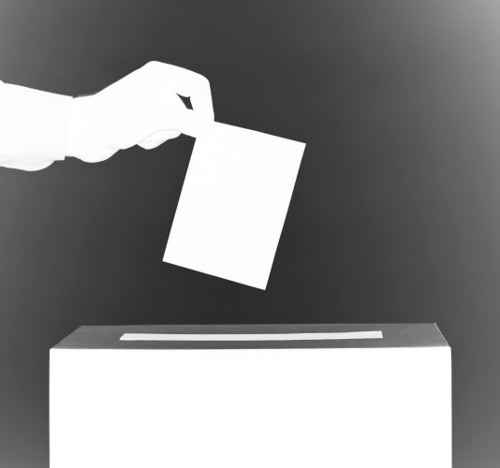'No' votes to be probed
 Labor is calling for an investigation into the Liberal Party’s postal vote strategy for the First Nations Voice referendum.
Labor is calling for an investigation into the Liberal Party’s postal vote strategy for the First Nations Voice referendum.
The ALP is demanding an investigation as the Liberals face accusations of employing “dirty tactics” by distributing anti-voice pamphlets containing a QR code for postal vote registrations.
The link directs voters to a party website to submit personal information, even though postal vote registrations are not currently open.
Paul Erickson, the National Secretary of the Labor Party, has formally notified the Australian Electoral Commission (AEC) that, according to referendum legislation, postal vote applications cannot be made until after the writ for the referendum has been issued.
As the writs for the 14 October referendum must be issued before 6pm Monday, any applications submitted now would be invalid.
Erickson asserts that the Liberal Party's materials “appear to be encouraging Australians to act in a way that is directly contrary to the act” and “actually misleads” Australians about the referendum process.
He warns that this misleading information might lead many Australians to unknowingly provide their personal data to the Liberal Party.
The Liberal Party has responded by accusing Labor of “extreme hypocrisy” because they have previously employed a similar website for postal vote applications.
The AEC criticised both major parties for using third-party postal vote applications during the 2022 federal election, with Commissioner Tom Rogers noting that while it was a common complaint, it remained legal.
While Labor has criticised the timing of the application mail-out, they have not ruled out conducting their own mail-outs once the referendum writs are issued.
Political parties are exempt from privacy laws, allowing them to collect and utilise voter data.
However, applying directly through the AEC for a postal vote is a quicker process and is covered by the Privacy Act.
Independent MP Kate Chaney has introduced a private member's bill aimed at preventing parties from sending postal vote applications unless specifically requested and eliminating the practice of sending partisan material along with the applications.
These developments come as the nation is mired in debate about the Voice referendum, with Indigenous leader Marcia Langton emphasising the importance of a “Yes” vote in a recent address.
Professor Langton says that a “No” vote could lead to further harm and setbacks to reconciliation efforts.
She stressed that the details of the Indigenous committee proposed by the voice referendum would ultimately be determined by parliament, including politicians opposed to the body.
She argued that the voice would help rebuild trust in the government among Indigenous communities and address structural disadvantages.
Professor Langton's co-design report from 2021 has been suggested as a foundation for the voice, proposing a committee of 24 members nationwide to advise the government on Indigenous policy.
Langton also expressed concerns that a “No” vote might discourage governments from implementing reforms to improve the lives of Indigenous people.
She called on the government to respond to outstanding recommendations from royal commissions into Indigenous deaths in custody “as soon as possible” and emphasised the need for sensible reform based on expert advice.
In response to criticisms from opponents of the referendum, Prof Langton rejected claims that the proposal would “racially divide” Australia and called on the government to focus on solutions for improving the outcomes of Indigenous Australians.
She dismissed the idea of a second referendum for symbolic constitutional recognition, stating that it was not what Aboriginal people wanted.







 Print
Print